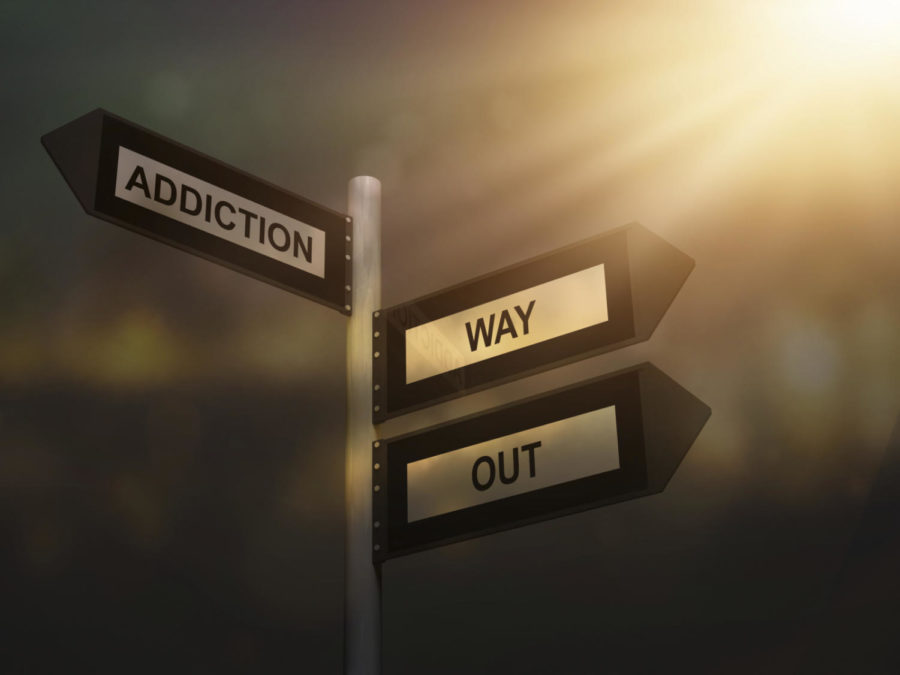Beiwel: Jail cell is not correct route for drug users
February 26, 2016
Drugs are a problem in America. They can ruin lives, drive families apart and lead formerly motivated people down paths of destruction they would never have considered in their younger years.
Many times, that path leads straight to a jail cell. In Kentucky, drug users can get two to 10 years in prison and a hefty fine for their first possession offense. Minimum sentences are in place for drug use that — while directed toward those who make, sell and distribute — usually come down hard on the shoulders of the users.
About 50 percent of prisoners in the United States are clinically addicted to drugs. This means their drug addiction has addled their brain’s reward, memory, motivation and related systems. This dysfunction leads to psychological, biological, social and spiritual effects.
Severe clinical addiction prevents those who have substance abuse problems from living healthy and productive lives. Their existence begins to center around the drug, and their day-to-day life concerns become an all-encompassing search for their next high.
I want to clarify — I don’t think drug users are in any way blameless. I think many made bad choices that lead them to where they are.
I also think drug addiction is a terrible, debilitating problem that should be treated more like a medical condition than on par with murder or rape.
Drug-related crimes are heinous, often violent to a highly disturbing degree, as a strung out man or woman searches for money or property to sell so they can afford their next fix.
In 2004, 18.4 percent of federal prisoners, 16.6 percent of state prisoners and 16.4 percent of local jail inmates had committed a violent crime in order to get drug money.
As I stated before, drug users are in no way blameless, but many drug users in prison are nonviolent. They are there for possession, and the fact that they face similar sentences to those who are violent is baffling. They should not be “let off” for their crimes. However, I do not see a similarity between someone who willingly hurts and steals from others and someone who merely has a problem.
If drug users are to be incarcerated, the focus should be on rehabilitation and helping them stay clean rather than throwing them in prison and telling them they are just as guilty and immoral as the criminals who killed someone.
Instead, 95 percent of drug users return to drug abuse after release from prison.
This is shocking and very sad. While there is drug rehabilitation in prison, it is rarely enough to keep them off the streets. One of the few positive things that occurs in prisons is the possibility of pharmaceutical care and guidance, which has long been a controversial practice even outside of the justice system. However, most drug users are back in prison afterward, even though many drug programs can work.
Drug users are criminals, and there’s no way to escape that. Drugs, at least most of them, are illegal for a reason, and I believe the users should be punished in some way. But understanding that their affliction is an illness more than a direct choice should be considered and understood.
Drug courts, which tend to charge people to rehab in lieu of jail time, could be approaching a perfect solution. They allow for the user to be kept monitored and without the full privileges of drug usage, a mix between prison and freedom, while still treating them like people.

















